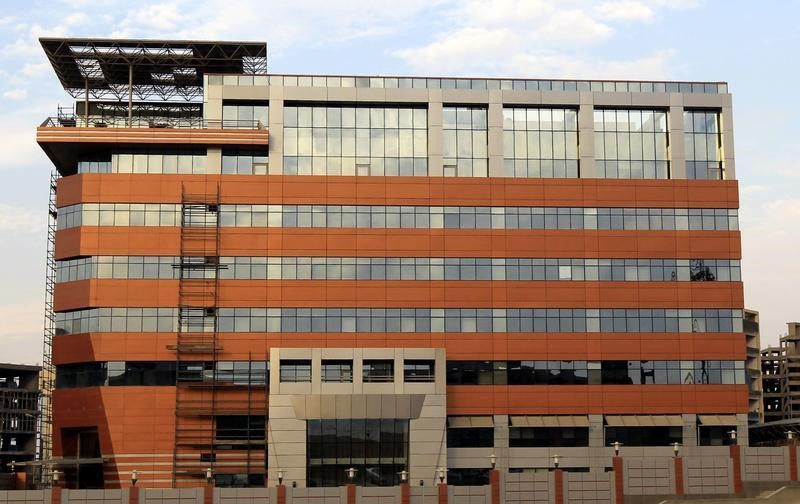By Alexander Winning and Davide Barbuscia
LONDON (Reuters) - A High Court judge called on Tuesday on Dana Gas (AD:DANA) and its creditors to agree on a way for a trial seen as shaping the future of Islamic finance to proceed and said he might complete it regardless of whether all parties were present.
George Leggatt adjourned the trial until Thursday after lawyers for Dana Gas said that it was prevented from taking part in the proceedings because of an injunction by a UAE court.
Leggatt said before adjourning the trial that it was difficult to foresee what arguments could be advanced before the Sharjah court to prevent the English court from ruling on matters of English law.
United Arab Emirates energy producer Dana Gas is seeking to have its sukuk, or Islamic bonds, declared invalid in a case which is being closely watched by investors and banks because it could set a precedent for Islamic finance.
Dana Gas said in June that it had received legal advice that its sukuk, which mature at the end of October, were no longer sharia-compliant and were therefore unlawful in the UAE.
The case is particularly relevant in the Middle East, where countries and companies have ramped up their issuance of both conventional and Islamic bonds since a slump in oil prices.
Lawyers representing Blackrock (NYSE:BLK), which has exposure to Dana Gas bonds, said they wanted the court proceedings in London to go ahead despite Sunday's UAE court injunction which, they said, had been granted with the "active connivance" of Dana Gas.
Leggatt said he was not yet able to make a final judgement on whether Dana Gas had deliberately engineered the injunction.
Islamic investments are estimated to total around $2 trillion (£1.48 trillion) in assets and the outcome of the trial could cripple a growing market if other sukuk issuers use it to justify not honouring their obligations because the interpretation of sharia-based financial standards has changed.
Unlike conventional bonds, sukuk are investment certificates which follow religious principles that forbid interest payments, instead paying returns linked to an underlying asset. By doing this, sukuk contracts aim to create a link to an underlying economic activity – a key principle in Islamic finance.
Dana Gas filed lawsuits in London and Sharjah, in the UAE, to resolve the dispute with its creditors, but they say the company's real aim is to delay repayment and help its financial position, which has been strained by late payments.
The case is being fought in both UK and UAE courts because while the sukuk's purchase undertaking is regulated by English law, the mudarabah agreement underlying the sukuk is regulated by UAE law. Dana Gas obtained injunctions from UK and UAE courts in June refraining sukuk holders from enforcing claims.
